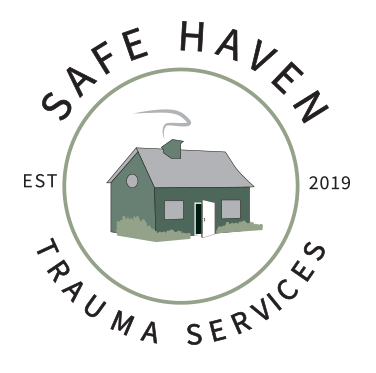DID/OSDD
We specialize in assessment and treatment of complex dissociative disorders. DID and OSDD are often missed in treatment settings due to lack of graduate training in assessing and treating dissociative disorders. DID is a complicated and often misunderstood diagnosis. Many professionals describe it as controversial or extremely rare. Some doctors and mental health professionals may even say they do not believe in the disorder, despite it being in the DSM 5. For this reason, many individuals struggle with access to appropriate care. Therefore, we feel especially passionate about serving this population.
We see you, we understand what you’re going through, and we can help! We are trained to assess and treat dissociative disorders. Stage-oriented treatment is essential for successful recovery. There is no quick fix for DID or OSDD. Treatment takes time, patience, and dedication.
In early treatment, dissociative disorders do not typically respond well to standard EMDR or other interventions that do not take into account severe dissociation. Those with dissociative disorders need to work slowly in therapy. There is now plenty of research that shows that dissociative disorders can be treated effectively, however treatment should follow International Society for the Study of Trauma and Dissociation guidelines for assessing and treating Dissociative Identity Disorder in Adults or Guidelines for Evaluation and Treatment of Dissociative Symptoms in Children and Adolescents. These can be found on the ISSTD website.
DID is not typically what is portrayed in movies. It can be mistake for Bipolar Disorder, Borderline Personality Disorder, and sometimes schizophrenia. A dissociative disorder should be ruled out if an individual has a complex trauma history, little to no memory of childhood, and/or an extensive history in treatment settings.
Due to competing obligations with raising children, I am not able to provide between session support for crisis-related issues.
